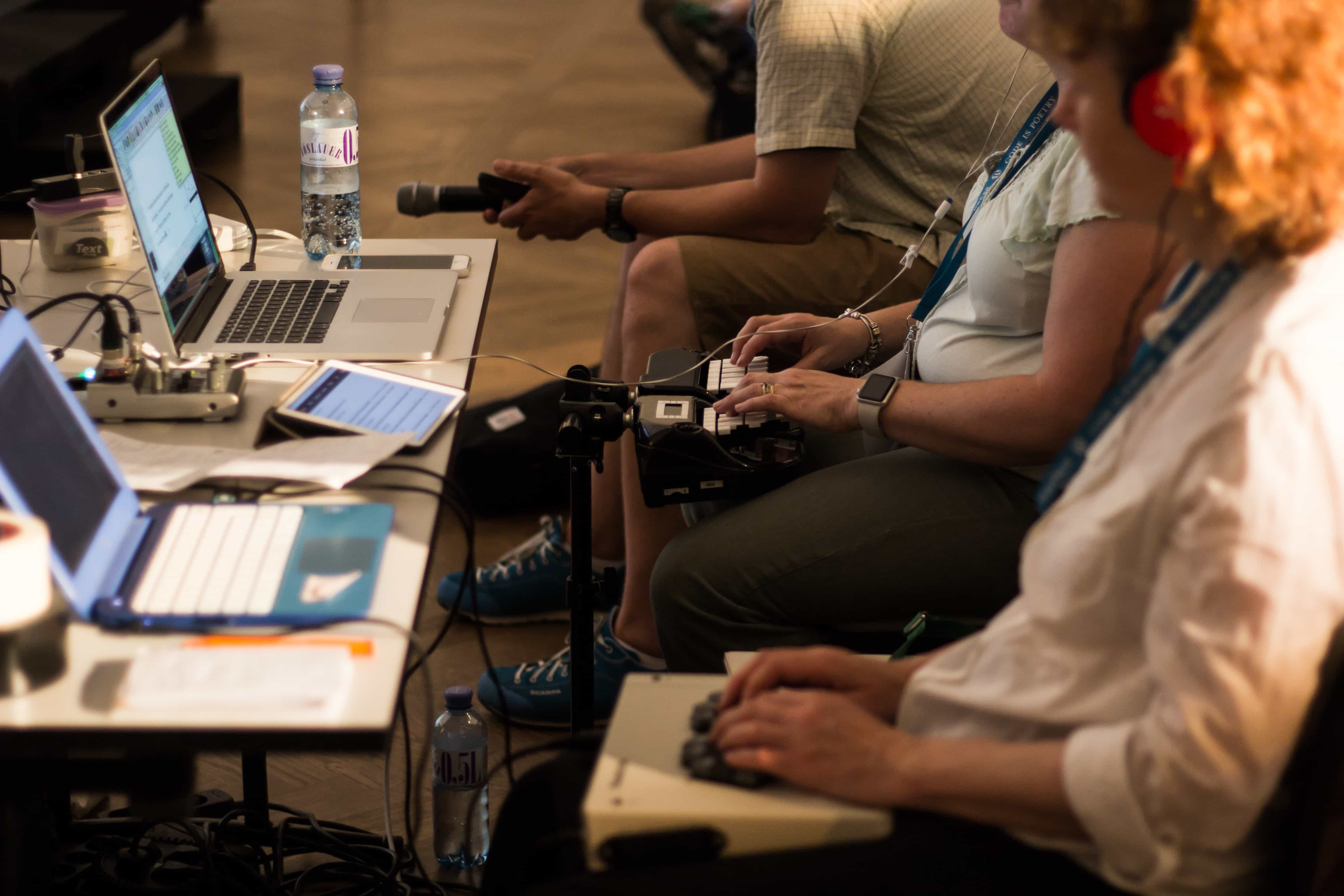
19 Sep Staying Hydrated for Productivity
 There are lots of things people try to do to improve their ability to work and think creatively. However one of the things that they often overlook is the benefits of a balanced diet, especially when it comes to the role of hydration in being productive. More pointedly it has been noted that drinking a cool bottle of water can increase a person’s hydration over time. But why is this exactly, and how much water needs to be consumed?
There are lots of things people try to do to improve their ability to work and think creatively. However one of the things that they often overlook is the benefits of a balanced diet, especially when it comes to the role of hydration in being productive. More pointedly it has been noted that drinking a cool bottle of water can increase a person’s hydration over time. But why is this exactly, and how much water needs to be consumed?
The Science of Hydration

It has been long suggested that there is a link between dehydration slow thinking and processing of information. The issue is that this connection might have been more intuitive than factual as the natural assumption would be that a person who is thirst is going to be unfocused. However, the recent studies have found that people who are suffering from even moderate dehydration let alone the severe variety will notice reduced cognitive functions.
Hydration, Your Metabolism, and Productivity
In fact during 2014 in the scientific journal of Cerebral Blood Flow & Metabolism researchers found that mild dehydration suppresses blood flow to the brain. They described mild dehydration as the loss of five percent of the body’s water over the course of a short time. This reduction of blood flow to the brain is shown to inhibit short term, memory, reaction time and of course attention to detail. According to Giuseppe Faraco, an assistant professor of neuroscience at Weill Cornell Medical College and an author of the study “Based on these findings, it goes without saying that even a mild dehydration might have a significant impact on work capacity and productivity,” According to Faraco this condition is very pronounced in young children and the elderly as they cannot actually regulate fluids on their own.
Dehydration’s Effect on the Brain
In fact, the research that Faraco has done is supported by a paper written in 2010 in the scientific journal al Human Brain Mapping. This study suggests that being deprived of fluids immediately harms the brain’s higher functions including planning and visuospatial processing. Some of these studies even suggested that there could possibly be a link between dehydration and an increase in industrial accidents over the course of the summer months. Another study that was published in the journal Applied Ergonomics back in 2004 asserted that dehydration specifically impacted forestry agents making them 12 percent less hydrated than their more hydrated co-workers.
Hydration techniques
So the question is how should you address the issue? Should a person constantly chug water while working? Basically creating a constant flow of liquid into the body. “As an example, a diet rich in fruits and vegetables reduces the amount of water that we need to drink,” Faraco says. “good advice is to drink such that you rarely feel thirsty and your urine is colorless or light yellow.” According to Faraco, there is a 2003 World Health Organization recommendation that the average person should drink around 2.5 liters (or 10.5 cups) of water a day, and women should drink about 2.2 liters (9.3 cups). In fact, there are situations where a person can use a technique called IV hydration therapy that can deliver hydration directly into the blood stream making the effect much more immediate. As one of the most immediate forms of hydration IV hydration treatment is a dynamic way to achieve optimal hydration in a short span of time.



